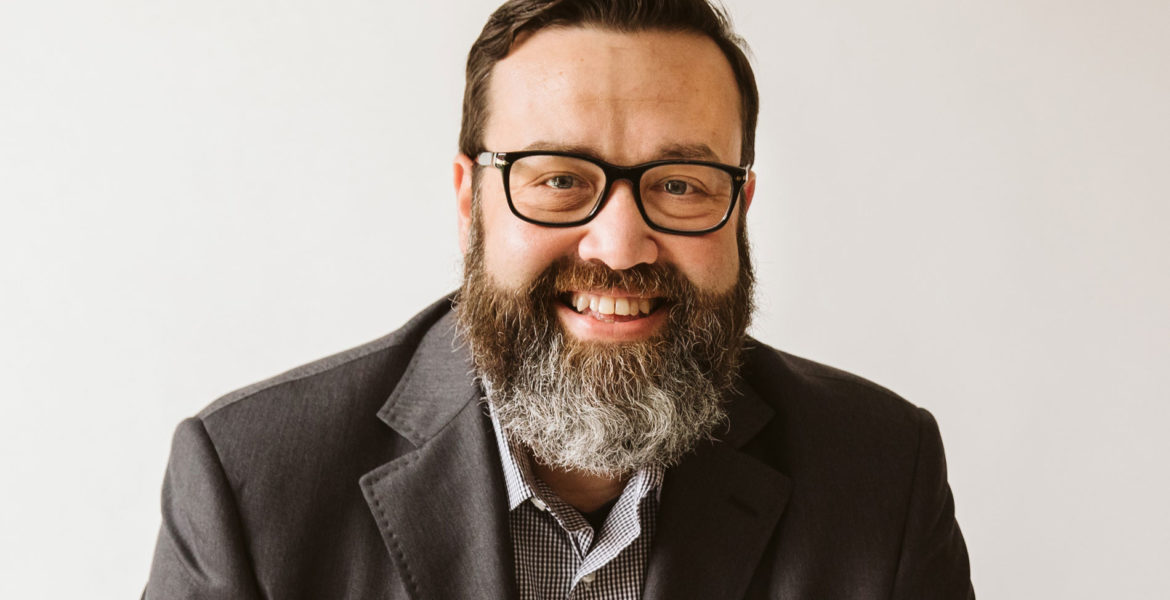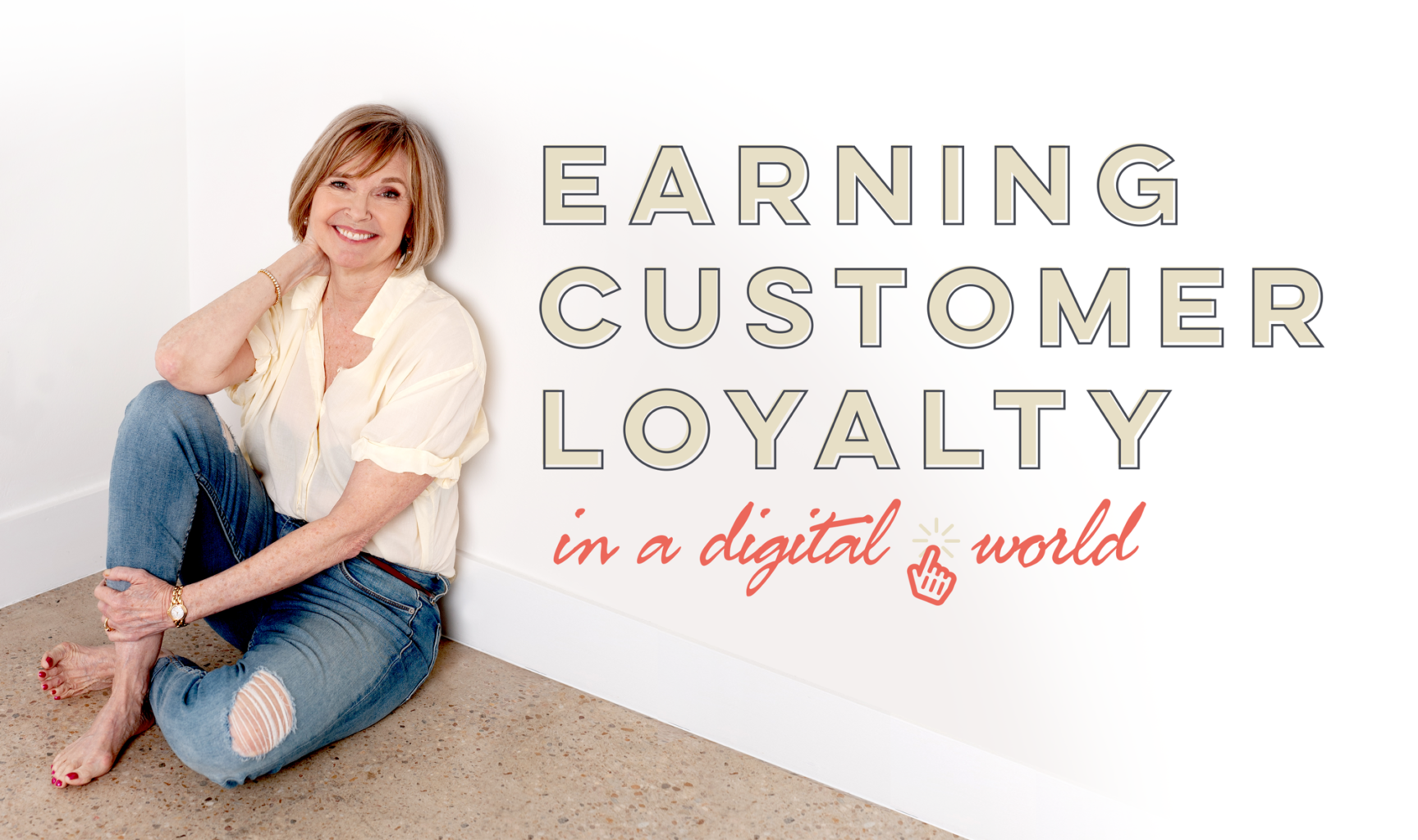
Alignment, Diversity And Love
Chris Meroff has spent more than 25 years supporting leaders in education at both the campus and district levels. Through his work in 17 states and across thousands of school districts, he’s seen firsthand the frustration administrators feel when their efforts don’t produce the alignment they desire.
He’s made a career of testing new leadership ideas to see what works—and what doesn’t—in service-oriented leadership. His business, Alignment Leadership Consulting, exists to teach leaders in any industry how they can boldly pursue a workplace culture that prioritizes employee fulfillment.
I had the opportunity to interview Chris recently. Here are the highlights of that interview:
Jill Griffin: Where did you grow up? Describe your early childhood and its significance on your life.
Chris Meroff: I grew up in Southern New Hampshire in basically the middle of New England. I had parents who really instilled value in me. Regardless of the grades that I got, instruments that I played, sports that I played, they felt the same about me.
That unconditional love caused me to be brave and try a bunch of stuff, which was cool for me. I grew up and went to a small Christian school. When you’re in a very small environment like that, you get to try everything, you get to do everything. The one thing that I absolutely learned about myself growing up was that I was not designed for the classroom. So that was the other reason why I tried everything. If there was an activity at school that would allow me to miss class, I did it and it didn’t matter to me. I had no stigma attached to it. I played all the sports but I was also in the chess club and on the math team and I did the yearbook. Literally everything and anything that took me out of class, that’s what I did. All of that made me feel OK and I never felt I had to compare myself to other people.
Griffin: You talk candidly about your failures. What impact did failing have on you?
Meroff: Failing is an interesting word because failing typically represents for most people an end of something. I believe that the only way to fail is to quit. Failing is quitting. So, I just don’t equate that word to the end of something. I equate it to the beginning of something. Therefore, the idea of failing for me is really learning. So why would I fear learning? It’s just new information. What I tried yesterday didn’t work. So, I’m going to try something new tomorrow. Again, that goes back to this sense of adventure. If I’m worried about failing, then I’m really worried about being wrong. Well, I know I’m wrong a lot. For me, that’s not the journey of life. The journey of life is figuring out how to do things right.
Failure is energizing. It’s rarely crippling.
Griffin: You’ve written a book about something you call Alignment Leadership. What is it and why is it important?
Meroff: Alignment Leadership is a construct that is designed to allow for everybody in an organization to feel like they’re winning. I’m not going to feel like a relationship or a situation was positive if somebody has to lose. That’s just not the way I’m wired, thankfully.
Alignment leadership is designed to give everyone in an organization a target so that their win, their success, is within their control. It’s a leadership style that forces clarification-clarification on what we’re doing, when we’re doing it and why we’re doing it. The concept is that you don’t ignore the elephant in the room, you talk about it.
It’s really meant to turn people loose to pursue a common purpose.
Griffin: Your organization is a picture of diversity. What part did alignment Leadership play in that?
Meroff: First of all, Diversity for me is so much deeper than skin color, sexual orientation, gender. It’s so much more than that. That all plays a part in it, of course. But diversity is really kind of what makes a person tick. It’s their worldview. In the end for us, we want to celebrate that diversity. All the things that go into our world view not only need to be accepted, they need to be celebrated. Every employee has such a unique worldview. No two people can have exactly the same worldview. You can have similar worldviews on similar subjects, but you can’t ever have the exact same worldview. That’s the diversity. That’s the uniqueness of human beings. I love the fact that we celebrate people’s worldviews. For us, worldviews are made up of a bunch of different traits.
We talk a lot about those traits- experiences, traditions, preferences, hopes and beliefs. Those five traits of your worldview are what we celebrate in every employee. We want to learn about them. We want to dive deep into them so that we can understand them.
Understanding deep, deep understanding of employees, of teammates creates this deep knowing. And when you know someone really, really well, now you can trust someone. You can trust them with your own worldview. You can trust them with your own fears and anxieties and all the things that our brains do to kind of isolate us.
We don’t celebrate the outcome of diversity because why is that something to celebrate? But we do celebrate diversity. When you do that the right people will go to the right positions because they were made for that. Based on their worldview, based on their passion. It will just happen because we stopped seeing people just from the outside. We get to know who they are.
Griffin: Please give me the top 3 bullet points in your Personal Leadership Credo.
Meroff: Well, number one, you’ve got to really decide that people are worth loving. That no matter what you see and what behaviors show up, what life experiences they’ve had, no matter what their world view is, no matter what their belief system, it doesn’t matter. To me intrinsically, I have to believe at the core of who I am, that people are worth loving.
That leads to number two that if they’re worth loving then they’re worth serving. They have value outside of my interaction with them. Whether it’s as a mom, a daughter, a husband, a son, a brother, it doesn’t matter. There is relationship out there, there’s value out there. They’re a human being, and so therefore number one, they’re worth love. Which then if they’re worth loving than they are absolutely worth serving.
Third, Challenge your people to be more than they see themselves.
Because if you’re worth loving, you are enough. Because you are enough, you are worth serving. Then for me, that now leads to, I now need to make sure I challenge you to be more, and just be better every day.
Griffin: What advice do you have for young, talented, ambitious entrepreneurs who want to make a difference in the world while building a thriving enterprise?
Meroff: First, I would really want to define for them what entrepreneurship is. Because I think there’s a lot of people out there who don’t understand what it means to be an entrepreneur. You have a lot of people who think, well, I need to be an ideas generator or I need to come up with a better mouse trap. I need to start businesses. In my opinion, you don’t need to own a business to be an entrepreneur. Unnecessary. You might not be in a position to own a business.
To truth is, being an entrepreneur really is following and constricting your life around the concept that you work for ‘Me, Incorporated.’ Whatever you do in life, you work for whoever your name is, you work for that company. Keep that in mind every day no matter where you are.
You also need to have a tolerance for high risk. We entrepreneurs and business owners risk a lot every day for the ability to have influence and to love and serve people in ever greater numbers.



